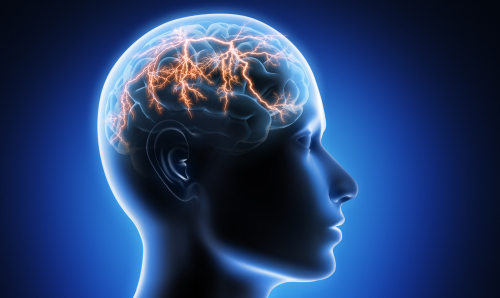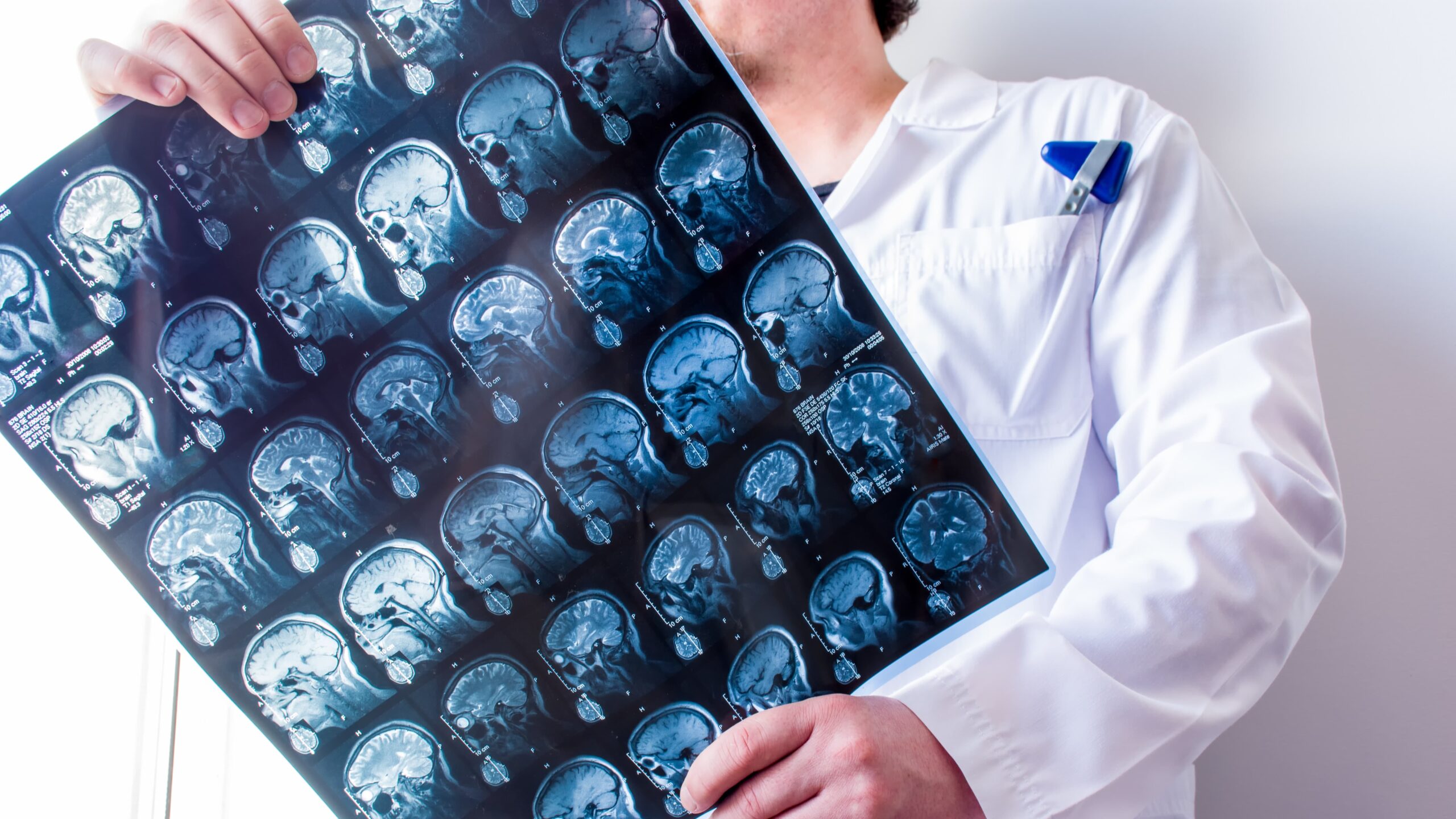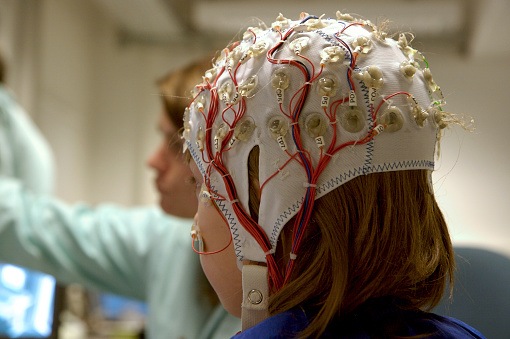
Often, genetic diagnostics of neurodevelopmental disorders with epilepsy (NDDE) focus largely on children, leaving a scarcity of data regarding adult patients. A study published in Genetics in Medicine analyzed genetic associations of NDDE in adults and elderly patients.
A total of 150 patients with NDDE underwent conventional karyotyping, FMR1 testing, chromosomal microarray, and panel sequencing. When cases remained unresolved, exome sequencing was performed.
Likely pathogenic variants were discovered in 71 patients; these were primarily single-nucleotide variants (n=49), with 23 cases of disease-causing copy number and one case of fragile X syndrome. Multiple independent genetic diagnoses were identified in seven patients. An association was observed between diagnostic yield and severity of intellectual disability. For patients who sustained possibly related events early in their life that could not definitively be tied to their disorder, the yield was 58.3%. Overall, 45.1% of patients underwent screening for disease-specific comorbidities, and 11.8% had direct treatment consequences.
“Panel/exome sequencing displayed the highest yield and should be considered as first-tier diagnostics in NDDE. This high yield and the numerous indications for additional screening or treatment modifications arising from genetic diagnoses indicate a current medical undersupply of genetically undiagnosed adult/elderly individuals with NDDE. Moreover, knowledge of the course of elderly individuals will ultimately help in counseling newly diagnosed individuals with NDDE,” the study authors concluded.
Source: Genetics in Medicine (https://www.nature.com/articles/s41436-021-01153-6)







 © 2025 Mashup Media, LLC, a Formedics Property. All Rights Reserved.
© 2025 Mashup Media, LLC, a Formedics Property. All Rights Reserved.